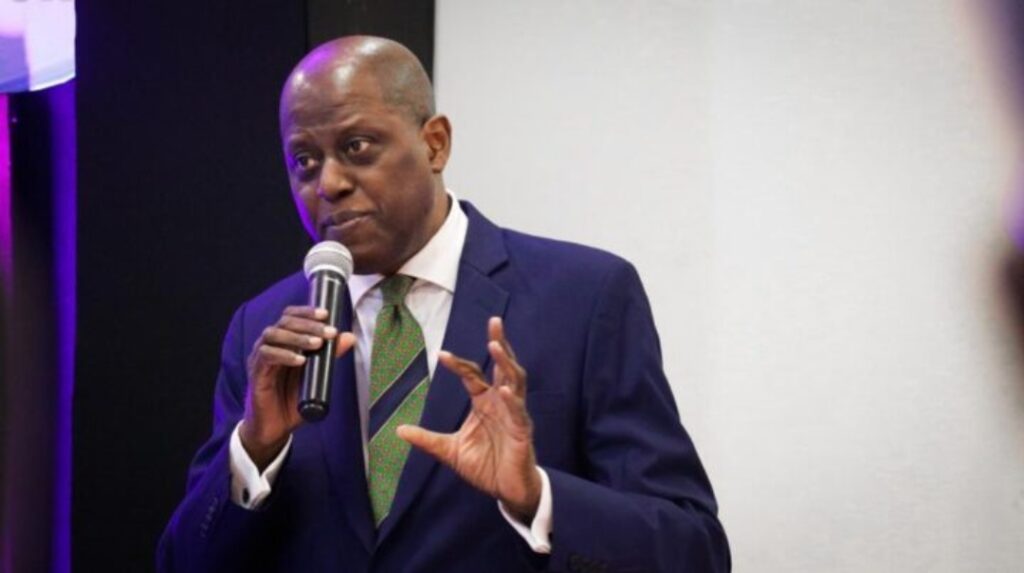- Governor Olayemi Cardoso believes the naira’s volatility has peaked, citing recent stability and controlled market operations as contributing factors
- Despite inflation challenges, Cardoso noted a recent slowdown in its acceleration, suggesting potential relief after significant economic turbulence
Olayemi Cardoso, Governor of the Central Bank of Nigeria, has expressed confidence that the worst naira volatility is behind us. In an interview with Bloomberg TV in London on Tuesday, Cardoso emphasized that the Central Bank monitors market operations to ensure optimal outcomes using various tools.
“We are relatively pleased with the progress we’ve made in stabilizing the naira,” Cardoso stated. He noted that June has seen relative stability, with the smallest 100-day swings in the naira since January. Despite inflation reaching a 28-year high in May, recent data suggests a potential easing in acceleration.
Since assuming office in September, Cardoso has overseen significant policy changes, including the liberalization of Nigeria’s exchange rate and substantial interest rate hikes. The naira has depreciated approximately 70% against the dollar since June last year, which has impacted consumers significantly.
“In the past 2-3 weeks, we’ve observed a period of stability after volatility,” Cardoso remarked. “Rates have aligned, and we now have more or less a single rate. This stability aids corporate planning and provides clarity for investors in our economy.”
Regarding liquidity, Cardoso highlighted a notable increase in the first quarter of this year, with total inflows reaching about $24 billion, up significantly from previous quarters. He expressed optimism that maintaining this trajectory will sustain positive economic impacts.
On monetary policy, Cardoso affirmed the Monetary Policy Committee’s commitment to controlling inflation. “The MPC will take necessary actions to keep inflation in check,” he assured.
In terms of policy coordination, Cardoso stressed the importance of close collaboration between monetary and fiscal authorities. He believes this complementarity is crucial for achieving optimal exchange rate outcomes over time.
Cardoso underscored the importance of flexibility in policy adjustments when responding to calls for reform evaluation. “Reforms require periodic evaluation and adjustment,” he noted. “By continually refining our approach, we can achieve better outcomes for all stakeholders.”
Cardoso expressed confidence in Nigeria’s reform agenda, emphasizing the need for strategic sequencing to achieve desired results. He concluded that ongoing collaboration between fiscal and monetary authorities positions Nigeria on a positive trajectory.
